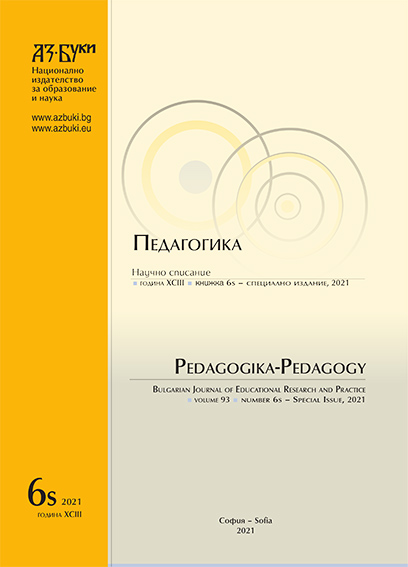Technical Diagnostics Of Marine Equipment With Pseudo-Discrete Features
Technical Diagnostics Of Marine Equipment With Pseudo-Discrete Features
Author(s): Natalia Nikolova, Kiril TenekedjievSubject(s): Social Sciences, Education, Vocational Education, Adult Education, Higher Education , State/Government and Education, Inclusive Education / Inclusion, Distance learning / e-learning
Published by: Национално издателство за образование и наука „Аз-буки“
Keywords: fuzzy-probabilistic merging; pseudo-bayesian parameter estimation; learning information, pattern recognition
Summary/Abstract: We present a system for technical diagnostics (TD) that can recognize the actual state of marine equipment. A Bayesian classifier is trained to identify the different classes of a piece of equipment, monitored through multiple pseudo-discrete features. Data learning samples can be acquired with direct experiments for each class. The system is capable of merging subjective expert knowledge and data learning samples using pseudo-Bayesian estimates when the parameters of the conditional likelihood for the classes are identified. In the training process, correction is applied to solve numerical problems arising from zero probabilities. The pseudo-discrete features have hybrid nature and combine probabilistic and fuzzy approaches. They combine the ease of extracting subjective expert knowledge typical for the discrete features with the high precision of using the measured data during recognition typical for the continuous features. The domain of each pseudo discrete feature is divided into several main categories of non-overlapping intervals which are described as words by the expert. If a measured feature falls between two consecutive categories it is treated as a linear combination of those categories. The resubstitution performance of the classifier is assessed using an error matrix. A numerical example of a marine diesel generator demonstrates the proposed algorithm in a classification problem with nine different state classes of the generator, monitored through 23 pseudo-discrete features. Data learning samples are acquired with direct experiments for each class. The created TD system has potential applications in other complex engineering systems and may support improvements in marine engineering education and training.
Journal: Педагогика
- Issue Year: 93/2021
- Issue No: 6s
- Page Range: 224-234
- Page Count: 11
- Language: English
- Content File-PDF

